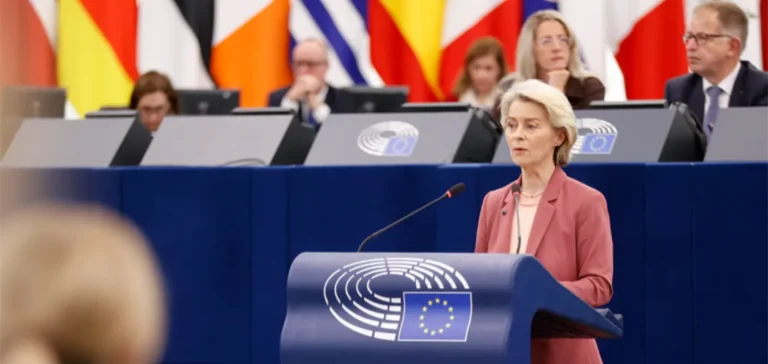The European Commission has presented a set of seven measures designed to bring down energy prices across the continent, in response to weakened competitiveness compared to other global markets. This action plan, which follows the Affordable Energy Action Plan (COM/2025/79), comes as energy costs continue to challenge power-intensive industries and consumer purchasing power.
A new state aid framework to relieve industrial sectors
Member States are called upon to fully mobilise the revised state aid framework, known as the Strategic Purpose State Aid Framework (CISAF). This mechanism enables support for large energy-consuming companies by reducing their costs and assisting with decarbonisation projects. Specific guidelines will be provided before the end of the year to help design tailored national schemes.
In parallel, the Commission is encouraging States to utilise European Cohesion Funds through the new mid-term review procedure to boost investment in national power grids and storage capacities. Governments can submit revised programmes by year-end. The European executive commits to providing technical support to ensure targeted deployment of unused funds.
Access to financing and streamlined permitting
Industrial players are encouraged to strengthen ties with financial institutions, notably the European Investment Bank (EIB) and national development banks, to secure Power Purchase Agreements (PPAs). A €500 mn pilot programme was recently launched jointly by the Commission and the EIB to support this type of contract.
At the same time, ongoing delays in granting permits for renewable energy projects, storage infrastructure and grid upgrades remain a significant bottleneck. The Commission calls for swift implementation of the revised Renewable Energy Directive and plans to present new acceleration measures as part of the upcoming Grids Package before the end of the year.
Optimising interconnections and energy taxation
Improving cross-border interconnections and domestic grids is considered essential to ensure equal access to low-cost energy. The Commission will implement new initiatives through the Grids Package and the Energy Highways initiative, designed to address eight major bottlenecks within the Energy Union.
Finally, the Commission is expected to issue recommendations to reduce electricity taxation. In some Member States, taxes can account for up to one-third of the energy bill. A targeted reduction could provide immediate relief for the most exposed consumers and vulnerable industrial sectors.






















